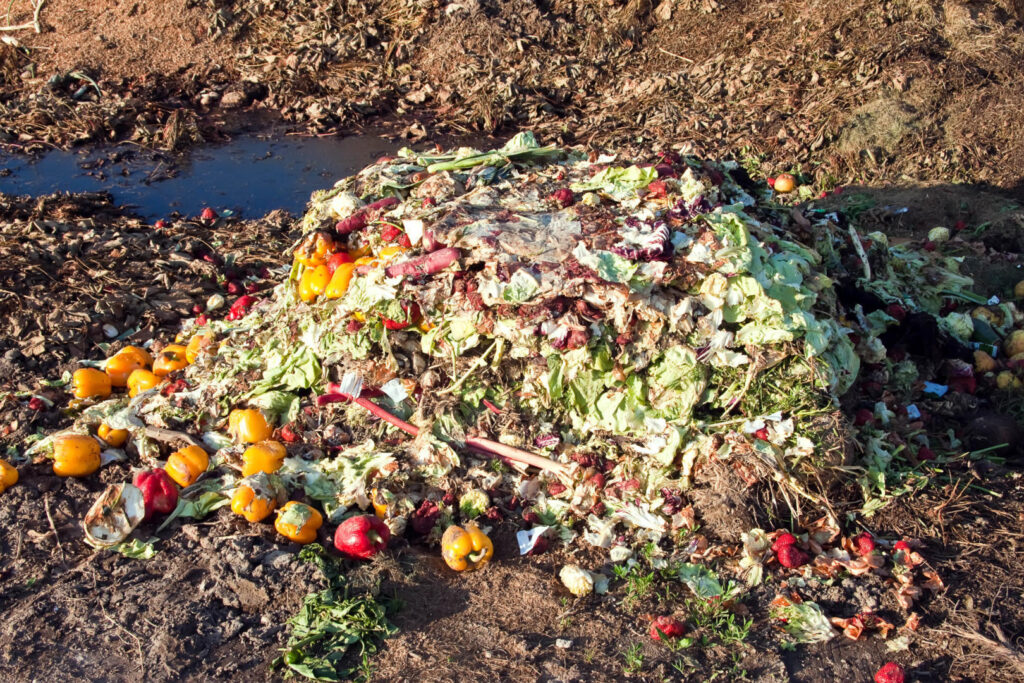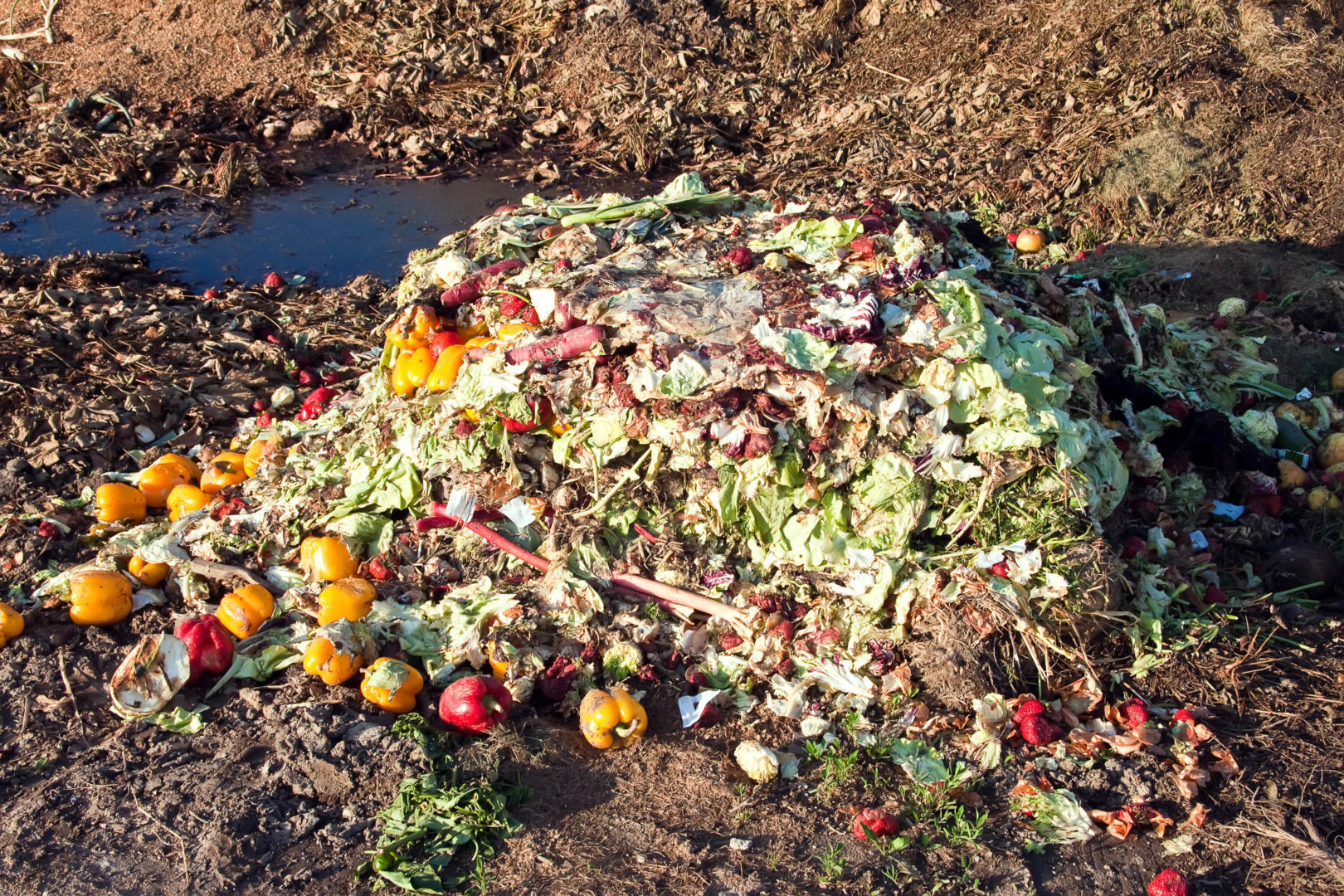UN Report Reveals Shocking Levels of Global Food Waste
A recent United Nations report has exposed alarming levels of food waste worldwide, revealing that over 1 billion metric tons of food were squandered in 2022 alone. This staggering figure equates to approximately 1.05 billion meals being wasted daily, while nearly 800 million people continue to suffer from hunger.
Published by the UN Environment Programme (UNEP), the report highlights the devastating impact of food waste on both global food security and environmental sustainability. It emphasizes that households, restaurants, and retailers collectively waste about a fifth of all food available to consumers, exacerbating climate change, biodiversity loss, and pollution.

According to the report, households are the primary contributors to food waste, accounting for 60% of the total wastage, followed by the food service sector at 28%, and retail at 12%. Despite efforts to improve data collection, many countries still lack adequate monitoring systems, with just 21 nations incorporating food loss and waste reduction in their national climate plans.
The report underscores the urgent need for coordinated action to address this global crisis, urging governments, businesses, and individuals to prioritize efforts to reduce food waste. It emphasizes the role of public-private partnerships in implementing effective solutions, citing success stories in countries like Japan and the UK, where significant reductions in food waste have been achieved through collaborative initiatives.
Furthermore, the report highlights the disproportionate impact of food waste on vulnerable populations, noting that millions of people go hungry every day while edible food is needlessly discarded. In addition to its humanitarian implications, food waste also contributes significantly to greenhouse gas emissions, accounting for 8-10% of annual global emissions.
In response to these findings, experts and policymakers are calling for enhanced efforts to integrate food waste reduction into national and international agendas. They emphasize the importance of raising awareness, improving data collection, and implementing practical measures to minimize food waste at all stages of the supply chain.






